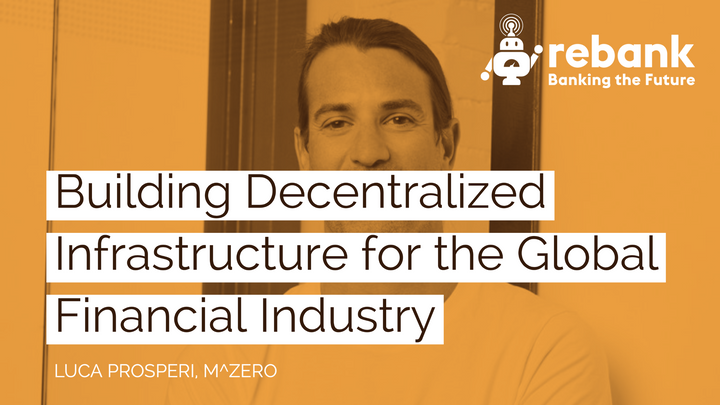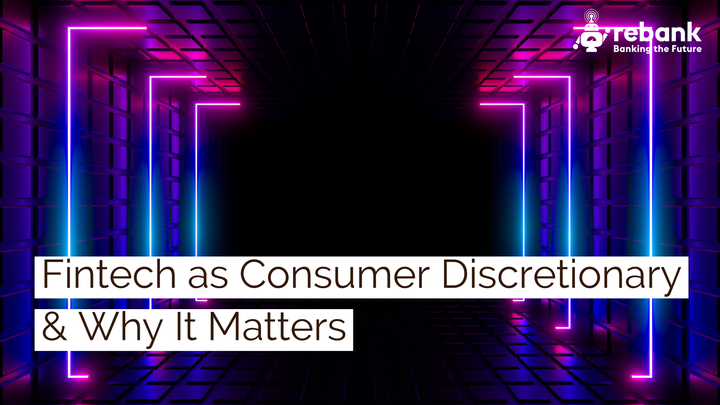Should We Look to Governments, Philanthropists or Entrepreneurs to Solve Our Problems?

We discussed this question with Sean Park, Founder of Anthemis. Listen to the audio version of this conversation here: https://apple.co/2UTzGsT
There's a strong school of thought in the West that the private sector and market dynamics are sufficient to optimize economic, political and social outcomes. Is that true?
Thinkers like economist Carlota Perez believe that government plays an important role in directing private sector activity to enable true innovation.
The Chinese government is actively prioritizing AI research in an effort to become the world leader in the next wave of technological progress.
A growing group of voices in the West is reminding us of the role the US government played in the development of the Internet and calling for renewed public sector involvement in business.
What's the answer?
So, should we look to governments, philanthropists or entrepreneurs to solve our problems? In Sean's view, the short answer is, "it's complicated. The slightly longer answer is all of the above. But the reason I didn't start with 'it's all of the above' and I started first with 'it's complicated' is that we need to refactor" the problem first.
When looking at this question, it's helpful to be familiar with the work of economist Carlota Perez. In her analysis, surges of innovation happen through a process of breakthrough -> hype -> overinvestment in infrastructure/financial bubble -> bust -> turmoil -> direction provided by government -> sustained growth or "golden age."
According to Perez's model, technology and finance always move first and fastest, then society, and eventually governments and institutions catch up. We're currently at the point in the process where government serves the very important role of helping society transition from technological breakthrough and associated financial investment to a new paradigm.
Tech is too fast for government to keep up with. Right now, technology is creating social disruption (externalities) and not providing resources for dealing with them. Should government be the gap filler, supporting further technological innovation while acting to help society absorb the jarring impact that technological change can have?
Our current models
Capitalism, the corporation and representative democracy evolved to suit the industrial age and have served us for the past 150 years. Are they fit to serve us for the next 150? How far will they get us before they need to change?
With business and finance having moved faster than government and economics over the past decade, we're faced with a system imbalance. As Sean points out, systems out of balance are a dangerous thing, hence the populism and unrest we're seeing.
As Sean notes, people struggling to make ends meet despite working full time in working class or middle class jobs are a symptom of this imbalance. Wealth is booming all around them, but they're not participating. How will balance be restored?
Are new institutional models needed? If so, will we proactively build them or will they be synthesized through the cracking and breaking of existing models under the pressure of societal change?
History rhymes but doesn't repeat
In the past, looking back across the feudal-agrarian era through the industrial age, some of the transitions and institutional adaptations required to bring about "golden ages" were accompanied by a generation dying out and a new generation, one ready for the new paradigm, taking over. Now, as people work well into their 70s and live into their 90s, this generational handoff isn't happening. Business and technology aren't slowing down, so the tension mounts. Will transition be more painful this time?
In the 1990s, it was all about globalization and the end of history (Fukuyama). That's not the prevailing view anymore. New technology has shifted the focus to software and digital products and services and away from offshore manufacturing and international supply chains. But is technology helping us improve our global standard of living, or is it exacerbating societal problems we don't have answers to?
Looking forward
In Sean's view, "the nation state may simply be the political unit that is best adapted to an industrial age paradigm of society. Just like the corporation in the sense of Exxon Mobil or Sainsbury's, the modern twentieth century corporation, is the optimal corporate organizational paradigm for an industrial age."
Why does this matter to investors and entrepreneurs?
"How can you be successful picking businesses and helping build companies that might be successful in the future if you don't have a robust vision as to what the future state of the world is?" says Sean.
Chew on that over the holidays.


